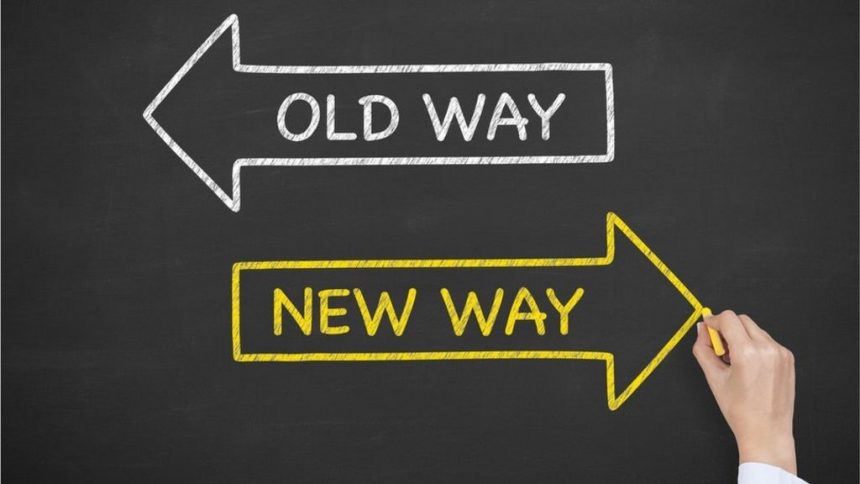By Natalie Taylor
I keep hearing about the “New Normal.” Isn’t that just a nice way of saying everything’s changing? And how good can change be when it’s happening all the time?
The more the COVID-19 pandemic creates a disruption in our lives, the more we need to adapt and change our routines. This “new normal” lasts only so long as it is useful, at which point we may need to adjust our routine again to avoid turbulence in our daily regimens.
Our current daily activities are largely centered around isolation and sheltering in place. As a result, many of us are working from home or not working at all. We have changed our restaurant-going to ordering in and our grocery shopping to delivery services. If we are still going to the grocery stores, we may have drastically changed those routines: we shop alone and at different times of the day depending on our age; the store aisles may be one-way; and signs everywhere advise us to wear our masks and keep a “safe” distance from one another.
Our basic physical and mental health needs are constantly changing to modify and improve our lives. The curtailments and limitations imposed on our activities can have a significant effect on our mental health specifically. So, we need to be vigilant about how well we take care of ourselves. And, of course, if we live with someone else, we need to take into account their needs as well as ours.
A few words about change itself. Why is change so hard for some? People tend to resist change because they are afraid they may have to give up something in the process. Change can be a threat to their security. Change is not usually immediate. It is a process, a step-by-step transformation from one behavior or set of behaviors to another, and that drawn-out process can be daunting and intimidating to those who find comfort in the status quo. But change of all kind is ultimately good for us. It prevents us from stagnating. It provides an opportunity for learning, adventure, and even excitement. The world around us is constantly changing; it’s a fact of living. Successful people are constantly changing in response to new possibilities.
To those of you who are afraid you’re going to go crazy or die from boredom during the pandemic, change can be the cure. Yes, it might be a little scary to institute changes in your life, but think of the possibilities: Learning a new language, organizing your closets, starting a new hobby, watching some old movies you’ve been meaning to look at, and so on. Boredom is signified by a sense of emptiness, and change can fill that space. The contents of that previously empty space will be unfamiliar, and may even foster some nervousness initially, but in time, the boredom will be replaced by the result of the change and become a “New Normal,” at least until that becomes boring and cries out for change.
Alan Leavens PhD, is a California licensed Clinical Psychologist, living and working in SMA. For questions or concerns that you wish him to address, please email: aleavens@drleavens.com

